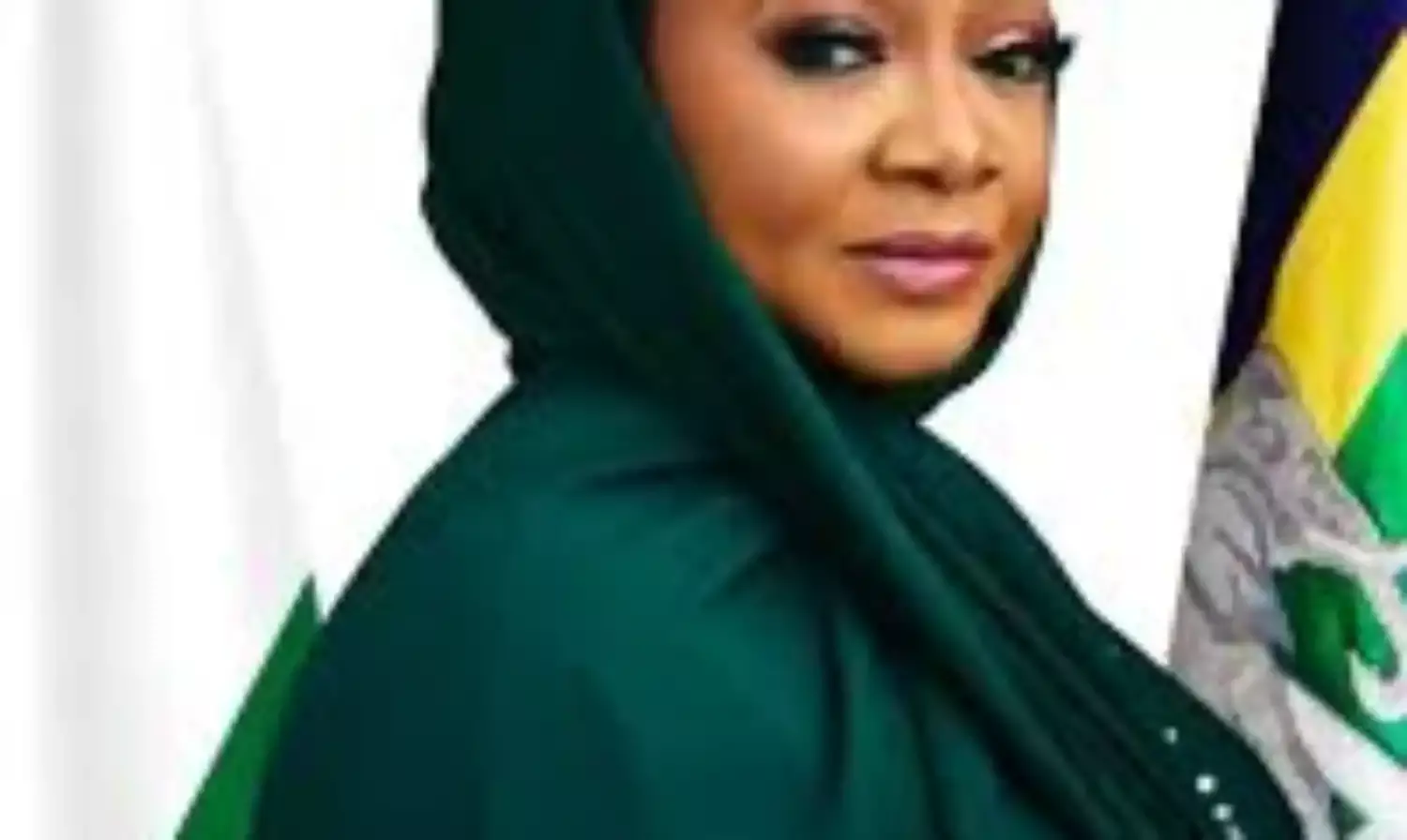Closing gender gaps can add N15trn to GDP annually – Minister
The minister, said that the event was an opportunity to reflect on shared commitment towards advancing gender equality and ending violence against women and children.;

Hajiya Imaan Sulaiman-Ibrahim, Minister of Women Affairs, said closing gender gaps has the potential to add N15 trillion to Nigeria’s Gross Domestic Productivity (GDP) annually by 2025.
Sulaiman-Ibrahim stated this on Thursday in Abuja at the joint UN Accountability Forum and Orange/Lighting ceremony, themed "Towards Beijing +30: Unite to End Violence Against Women and Girls.”
She noted that studies had shown that countries with higher levels of gender equality experience faster economic growth, improved governance, and more stable societies.
She said: “For Nigeria, closing gender gaps has the potential to add N15 trillion to our GDP annually by 2025.
“Women constitute 49 percent of our population and account for 41 percent of small and medium-scale enterprise (SME) owners.
“Yet their representation in senior leadership is just 22 percent, with only 3.6 percent holding seats in parliament.
“These disparities represent untapped potentials that, if harnessed, could drive our nation’s development forward.”
The minister said that the event was an opportunity to reflect on shared commitment towards advancing gender equality and ending violence against women and children.
She said: “it is an opportunity to evaluate our progress, reassess our strategies, and reaffirm our commitment to achieving the bold vision outlined in the Beijing Declaration and Platform for Action, now approaching its 30th anniversary. “
Dr. Felicia Onibon, Nigeria Report Consultant, said the over 100-page “Nigeria Beijing Report” contains all the activities done around SDGs and also the Beijing platform for action in the past five years.
Onibon said: “To resolve some of the issues and gaps that we have in the report, we would still continue to ask that our partners within the United Nations and development agencies come up with strategic plans to support the Nigerian government.”
Nesreen Elmolla, UN Women Deputy Representative, while speaking on the Nigeria Beijing Report, noted the huge milestone recorded in Nigeria.
“Nigeria has been an inspiring country on many fronts, but on Violence Against Women, Nigeria has actually been leading on operationalising and domesticating the violence against persons, Prohibition Act.
“This is now enacted in 35 states. This is a huge milestone for Nigeria that we are proud to be celebrating.”
According to her, the orange and lighting ceremony symbolises hope, unity, and a collective vision for a world and a Nigeria free of violence.
“Let us reaffirm our commitment to a Nigeria where women’s rights, girls rights, men’s rights, and human beings rights underpin justice, solidarity, and prosperity for all,” she said.
Abdourahamane Diablo, Head of Office and Country Representative of UNESCO to Nigeria, reiterated their commitment to ending GBV, girl-child education, and advancing gender equality.
“UNESCO aligns strongly with the goals of the Beijing Platform for Action, particularly in advancing gender equality through education and eradicating gender-based violence,” he said.
Francis Koessan, Deputy Representative, UNFPA, called for more synergy between stakeholders, engagement with men and boys, and advocacy for policy implementation to end GBV and investments in preventive measures.
that will ensure the safety of women and girls.
Cheikh Toure, UNODC Representative in Nigeria, said: “We can transform commitment into tangible outcomes, fostering a society where women and girls can live free from violence, fear, and inequality.”
Supreme News reports that other activities include the launch of the Nigeria Beijing Report, the orange and lighting ceremony, and the signing of the commitment board by stakeholders.

